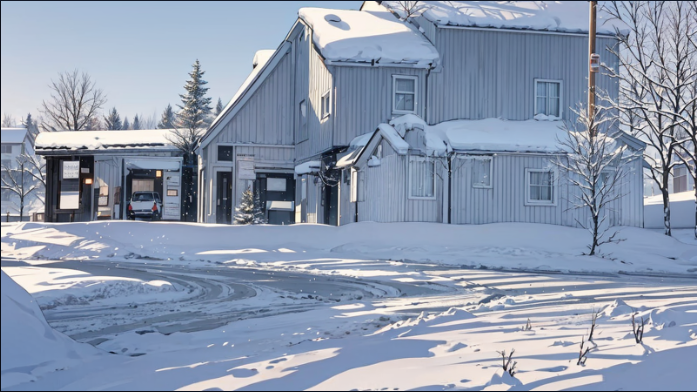
Propane radiant heaters have become increasingly popular in recent years, especially for outdoor use. However, many people also use these heaters indoors, particularly in garages, workshops, and other spaces where traditional heating systems are not available or practical. While propane radiant heaters can be an effective way to heat indoor spaces, there are also potential risks associated with their use. In this article, we will explore the benefits and risks of using propane radiant heaters indoors and provide tips for safe use.
Here to introduce you Belief parking heater which made in China with good quality and low price, exported to more than 40 countries, selling worldwide, support oem, welcome to consultation and cooperation.
Benefits of Propane Radiant Heaters
Propane radiant heaters offer several benefits for indoor use. First, they are highly portable and can be moved from room to room as needed. This makes them ideal for use in spaces that are not regularly occupied, such as garages or workshops. Second, propane radiant heaters are very efficient and can quickly heat up a room. This can be especially helpful in spaces that are difficult to heat with traditional heating systems. Finally, propane radiant heaters are relatively inexpensive and can be a cost-effective way to heat a space.
Risks of Propane Radiant Heaters
Despite their benefits, propane radiant heaters also pose several risks when used indoors. The most significant risk is carbon monoxide poisoning. Propane radiant heaters produce carbon monoxide as a byproduct of combustion, and if not properly vented, this gas can build up in indoor spaces and cause serious health problems. Symptoms of carbon monoxide poisoning include headaches, dizziness, nausea, and confusion, and in severe cases, can lead to unconsciousness or death.
Another risk associated with propane radiant heaters is fire. These heaters use an open flame to heat the surrounding area, which can pose a fire hazard if not used properly. Additionally, propane tanks can also pose a fire risk if they are not stored or handled correctly.
Tips for Safe Use
To minimize the risks associated with propane radiant heaters, it is important to follow these safety tips:
1. Always use propane radiant heaters in well-ventilated areas. This means opening windows or doors to allow fresh air to circulate.
2. Never use propane radiant heaters in enclosed spaces, such as closets or bathrooms.
3. Use carbon monoxide detectors in any space where propane radiant heaters are used. These detectors can alert you if carbon monoxide levels become dangerous.
4. Keep propane tanks outside and away from heat sources.
5. Follow the manufacturer's instructions for use and maintenance of propane radiant heaters.
6. Do not leave propane radiant heaters unattended, and turn them off when not in use.
7. Keep flammable materials, such as paper or clothing, away from propane radiant heaters.
Conclusion
Propane radiant heaters can be a safe and effective way to heat indoor spaces, but it is important to be aware of the risks associated with their use. By following these safety tips, you can minimize the risks of carbon monoxide poisoning and fire and enjoy the benefits of propane radiant heaters in your indoor spaces.







